
Top Foods to Avoid After 60 for Better Health
As we age, our nutritional needs change significantly. After 60, our bodies process foods differently, and certain foods can trigger health problems or worsen existing conditions. Making informed choices about which foods to avoid can help improve your quality of life and support healthy aging. This guide identifies the most problematic foods for seniors and suggests healthier alternatives.
Why Avoiding Certain Foods Matters After 60

With age come natural physiological changes: metabolism slows, digestion becomes more sensitive, and immune responses weaken. Understanding which foods to avoid after 60 is crucial because reducing certain foods can lower your risk of cardiovascular disease, hypertension, elevated cholesterol, and diabetes. Some foods can also interfere with medication effectiveness, an important consideration when many seniors take multiple prescriptions. Here are the key foods to avoid after 60 for optimal health:
High-Sodium Processed Foods

For adults over 60, excessive sodium poses significant health risks. It elevates blood pressure, increases arterial stiffness, places strain on the cardiovascular system, and raises stroke risk, often without noticeable symptoms. The main sources aren’t table salt but processed foods. Frozen meals contain high sodium levels for flavor and preservation. Canned soups often contain nearly a day’s worth of sodium in a single serving. Deli meats use salt as a preservative. Snack foods like chips and pretzels come with hidden sodium. Even bread and cereals can contain surprising amounts of salt. Look for “low-sodium” or “no salt added” versions to protect your cardiovascular health.
Sugary Drinks and Juices

After 60, our bodies don’t handle sugar well. Sugar can cause blood sugar spikes. It can lead to more swelling in the body. It raises your risk of diabetes. Watch out for soft drinks. A can may have up to 10 teaspoons of sugar. Store-bought fruit juices don’t have the fiber that whole fruits do. They can make your blood sugar rise fast. Sweet coffee drinks often have more sugar than desserts. Sports and energy drinks with sugar and stimulants can stress older hearts. What can you drink instead? Try water with fruit slices. Herbal teas are good too. You can also have small amounts of watered-down 100% juice.
Artificial Sweeteners

Sugar-free doesn’t mean risk-free. Recent research has raised concerns about artificial sweeteners. Studies suggest they may disrupt gut microbiota and affect glucose metabolism in older adults. Many seniors report digestive discomfort after consuming products with sugar substitutes. What’s particularly noteworthy are findings from recent clinical studies. Regular consumption of artificial sweeteners may increase cravings for sweet foods and potentially contribute to weight gain over time. This contradicts their marketed benefits for weight management. Consider natural sweeteners in moderation as alternatives.
Fried and Fast Foods

Fried foods cause special problems after 60. They harm your body in many ways. They have bad fats and lots of calories but few nutrients. These foods cause more swelling in the body. They raise your cholesterol. They strain your digestive system, which is already weaker with age. The odd treat costs your body more now. Your body can’t handle these foods as well as it once did. They can hurt your heart and digestion more than when you were younger.
Grapefruit and Certain Medications

Grapefruit can interact with numerous medications commonly prescribed to older adults, including statins, blood pressure medications, anxiety drugs, and sleeping pills. Its compounds can affect how your body metabolizes these medications, potentially causing dangerous blood levels. Always check with your doctor or pharmacist about potential food interactions.
Raw or Undercooked Foods

Our immune systems naturally weaken with age, making foodborne illness a greater concern. Exercise caution with raw or undercooked eggs that may carry salmonella. Rare or medium-rare meats can contain harmful bacteria that younger immune systems might handle but could lead to serious illness in seniors. Raw sprouts grow in warm, humid conditions ideal for bacteria growth. Unpasteurized dairy products can contain harmful microorganisms that pose greater dangers to older adults. These foods might harbor bacteria that younger bodies fight off easily but could cause serious complications for seniors, including dehydration or even sepsis.
Caffeine

Caffeine affects older bodies differently. That afternoon espresso you’ve enjoyed for decades might now keep you awake until midnight. Caffeine remains in your system longer as you age. It disrupts sleep patterns more significantly, raises blood pressure more dramatically, and may increase anxiety and heartburn. You don’t necessarily need to eliminate it, but reconsider amounts and timing to accommodate your changing physiology.
Alcohol

Alcohol presents unique challenges for seniors. Even moderate amounts can affect your balance now. Alcohol interacts with over 100 medications commonly prescribed to seniors. Your liver processes alcohol more slowly than before. Even modest amounts can disrupt blood sugar control and complicate diabetes management. Consider adjusting your consumption patterns to match your body’s changing abilities to metabolize alcohol.
Hard-to-Chew Foods

Dental issues become more common with age but shouldn’t lead to nutritional compromise. Consider adaptive approaches: Steam vegetables until tender while preserving nutrients. Choose ground lean meats or flaky fish that separate easily with a fork. Opt for softer fruits like bananas, berries, and melons that offer vital nutrients without requiring significant chewing. Consider canned varieties like water-packed fruits and low-sodium vegetables when fresh produce is difficult to manage. These adjustments maintain nutritional quality while accommodating dental changes.
High-Glycemic Carbohydrates

White bread, white rice, and refined grains act differently in older bodies. These quick-digesting carbs turn to sugar fast. This causes sharp rises in blood sugar. That’s a bigger problem as we age since our bodies don’t handle insulin as well. These blood sugar swings can make you tired, cranky, and unable to focus. Many blame these symptoms on “just getting old.” Eating these refined carbs often leads to more body swelling. This can make joint pain worse and raise disease risk. They have few nutrients but can cause weight gain, mainly around the belly. This raises heart risk. Try brown rice, quinoa, and whole wheat instead. They give steady energy, more fiber, and better nutrients for healthy aging.
Making Healthier Choices After 60

Knowing which foods to avoid after 60 is only half the equation. Focus on incorporating nutrient-dense alternatives into your diet. Prioritize lean proteins to maintain muscle mass. Choose fiber-rich whole grains for digestive health and cardiovascular benefits. Consume a variety of colorful fruits and vegetables for their antioxidant properties. Include healthy fats from olive oil, avocados, and nuts to support cognitive function and nutrient absorption. Calcium-rich foods remain essential for bone density, especially post-menopause. Consider consulting a nutritionist who specializes in geriatric nutrition for a personalized dietary plan. Remember, it’s never too late to improve your nutritional habits. Your body will respond positively to dietary improvements at any age.
News in the same category

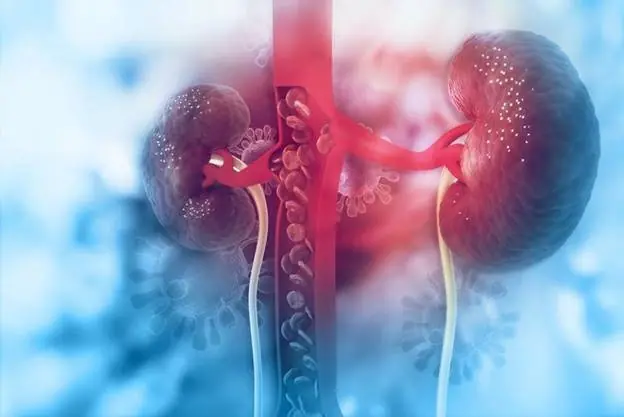
8 Signs of Kidney Failure You Should Never Ignore: Bad Breath Even After Brushing Could Be a Warning

6 Signs of Stroke After Showering: Many Mistake Them and Go to Bed, Never to Wake Again

Experts Say Turning Off Wifi And Keeping Phones Out Of The Bedroom Could Boost Your Health

Scientists Finally Figure Out What’s Causing Girls to Get Periods at a Younger Age

Aspergillus Fungus Threatens Millions As It Spreads Due To Climate Change, Scientists Warn
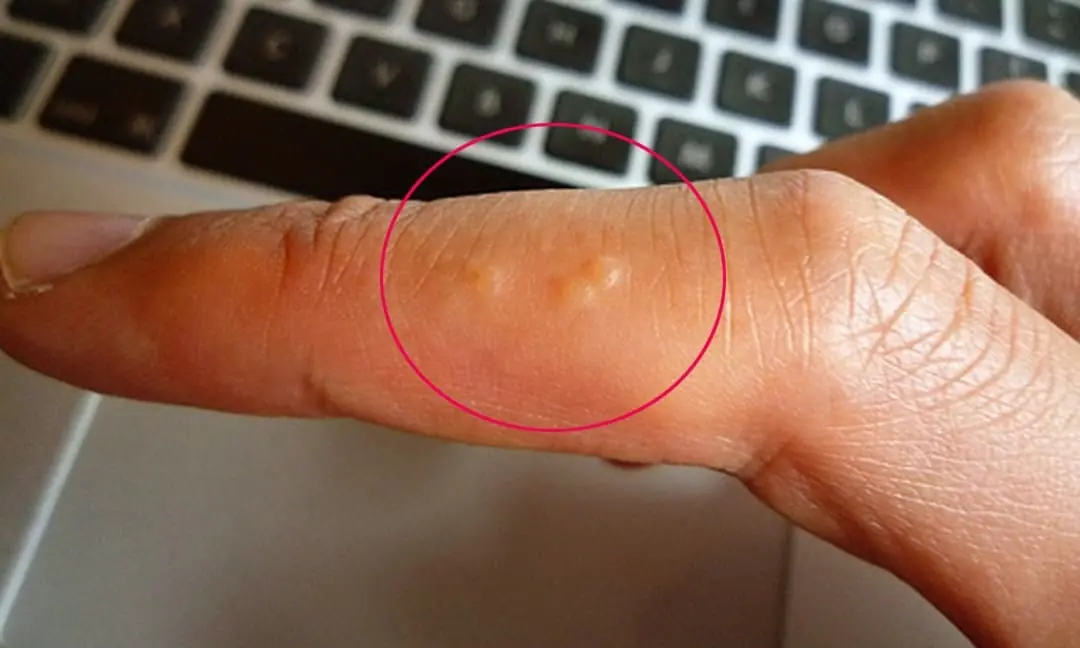
What Are the Tiny Blisters on Your Hands in Summer Trying to Tell You?
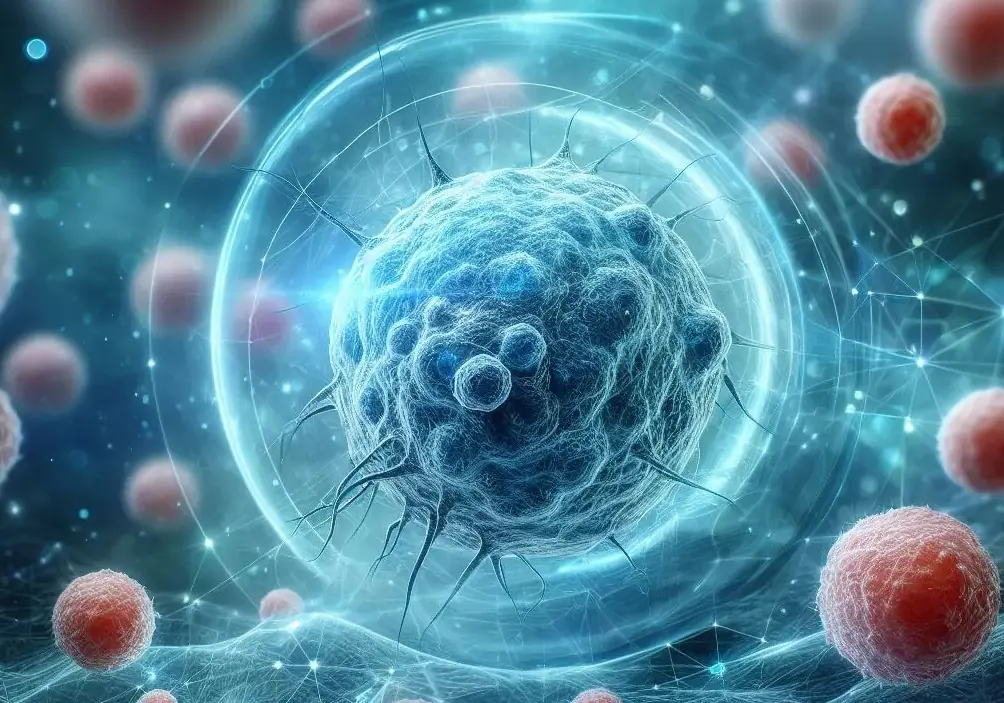
5 Pains in the Body That May Signal Early-Stage Cancer: Don’t Delay, or It May Spread
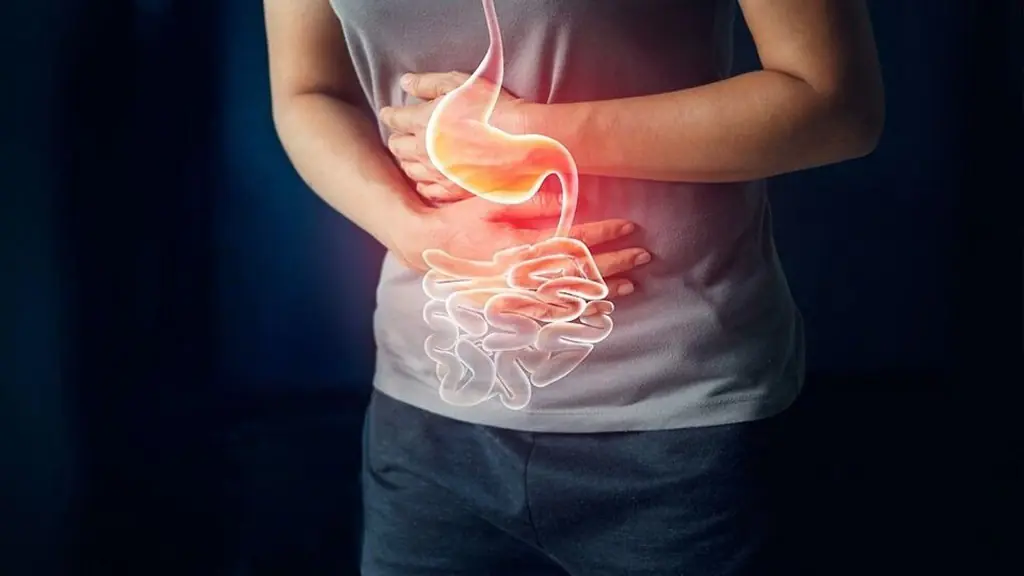
9 Early Warning Signs of Stomach Cancer: See a Doctor Immediately If You Have Even One

Dark Under-Eye Circles: A Subtle Health Warning You Shouldn't Ignore
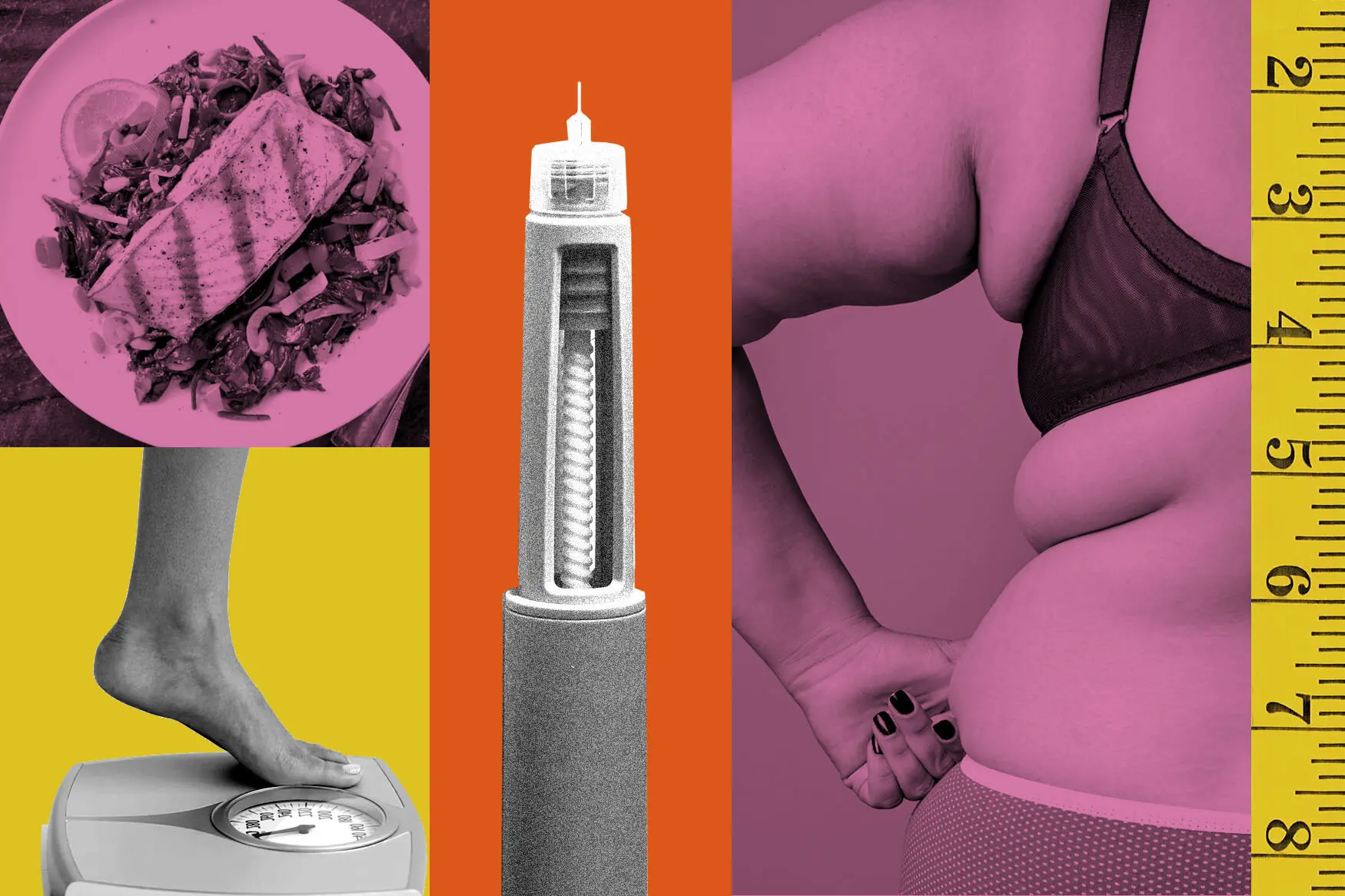
Simulation Reveals Harsh Effects of Ozempic Beyond Weight Loss
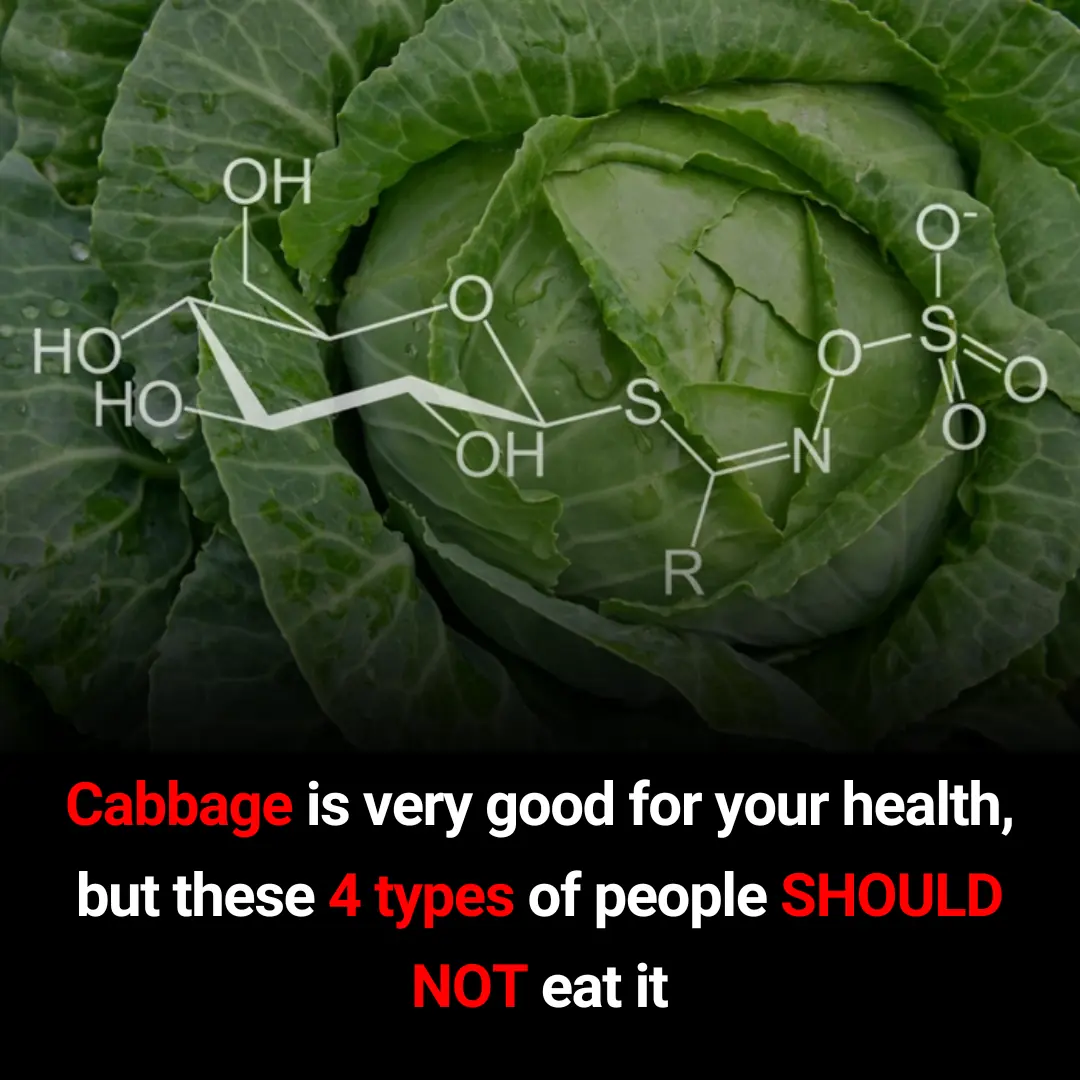
4 Types of People Who Should Limit or Avoid Eating Cabbage

12 Warning Signs That May Signal a Brain Aneurysm — Don't Ignore Them

The Little Bow: Unraveling the Mystery on the Front of Women's Underwear
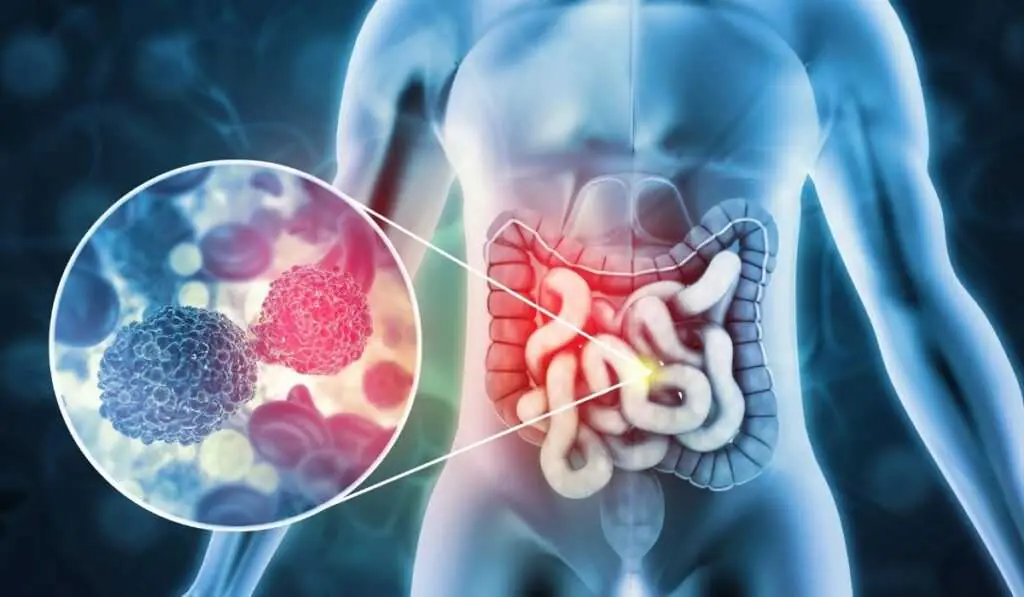
Your Poop and Colon Cancer: Decoding Early Warning Signs

Why Mosquitos But Some People More Than Others

Surprising Causes Of Hives Revealed — What May Be Triggering Your Skin Reaction

Stage 4 cancer patient warns overlooked minor signs can mask a fatal disease
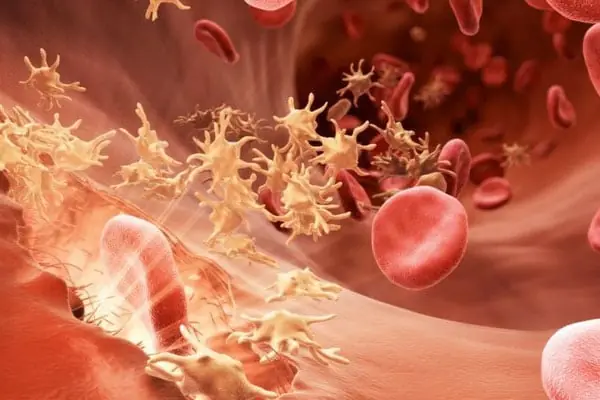
Parents’ Common Feeding Habit Leads to Stomach Cancer in 2-Year-Old Boy
News Post

About 15 Minutes Before a Stroke, the Body Often Sends 4 Clear Signals: Call for Help Immediately

8 Signs of Kidney Failure You Should Never Ignore: Bad Breath Even After Brushing Could Be a Warning

6 Signs of Stroke After Showering: Many Mistake Them and Go to Bed, Never to Wake Again

Experts Say Turning Off Wifi And Keeping Phones Out Of The Bedroom Could Boost Your Health

If You See A Woman Wearing A Wedding Ring On Her Pinky Finger Here’s What It Means

Experts Are Shedding Light on the ‘Death Rattle’ Phenomenon Before Passing

Experts Break Down How Far You’d Need To Be To Survive A Nuclear Blast

Scientists Finally Figure Out What’s Causing Girls to Get Periods at a Younger Age

Experts Warn 1,000ft Mega Tsunami Could Slam Into Us Coast — Is Your Hometown In Danger?

Man Who Predicted Covid Outbreak Reveals Chilling Warning About New Emerging Crisis

Flight Attendant Reveals Why Cabin Says Hello As You Board, and It’s Not What Think

10 Cities That Could Be Underwater by 2050. Here’s The Full List

Aspergillus Fungus Threatens Millions As It Spreads Due To Climate Change, Scientists Warn

The Incredible Story of a British Airways Pilot Who Survived Being Ejected from a Plane for 20 Minutes

Never keep these 4 relics after losing a loved one
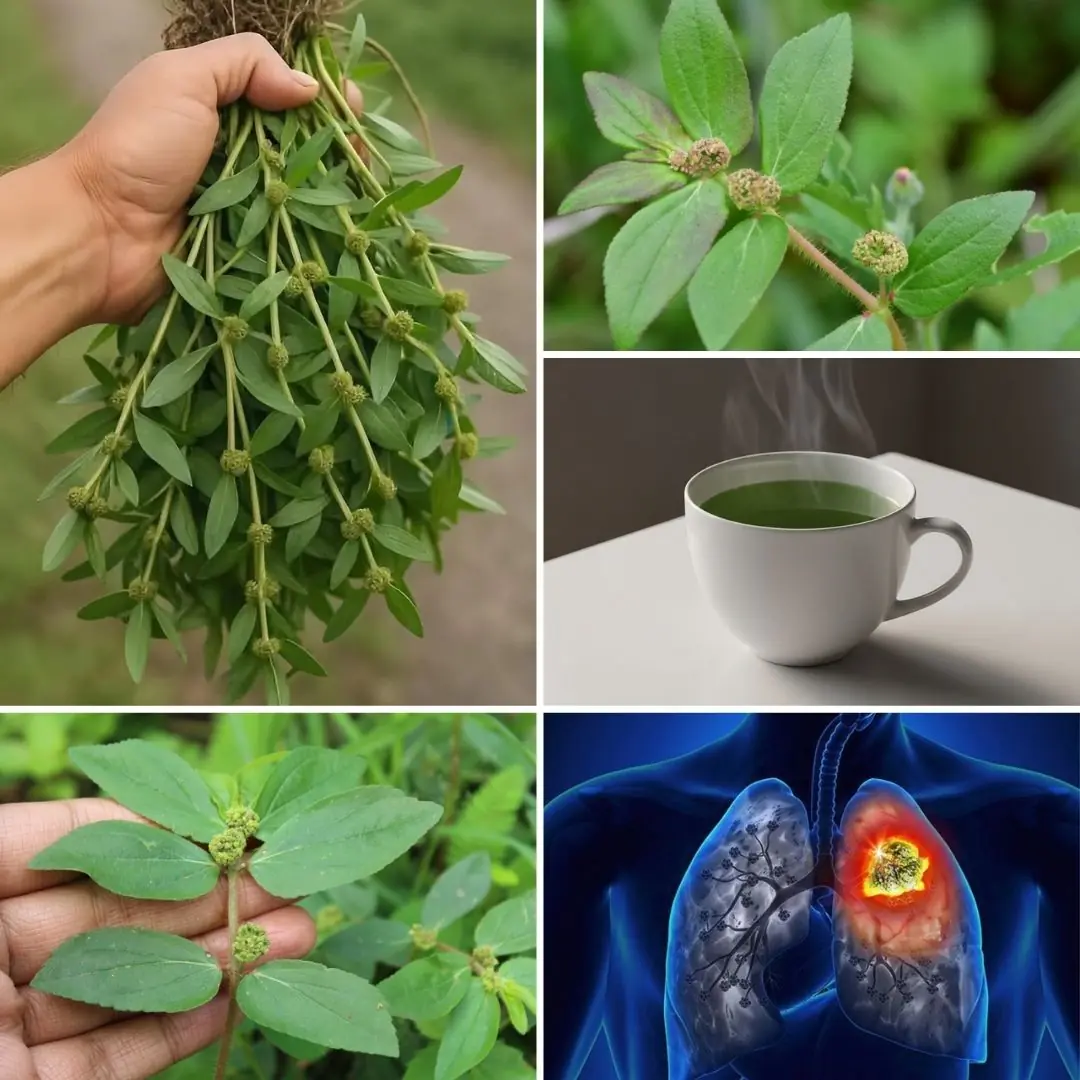
Euphorbia Hirta: Nature’s Hidden Gem for Wellness
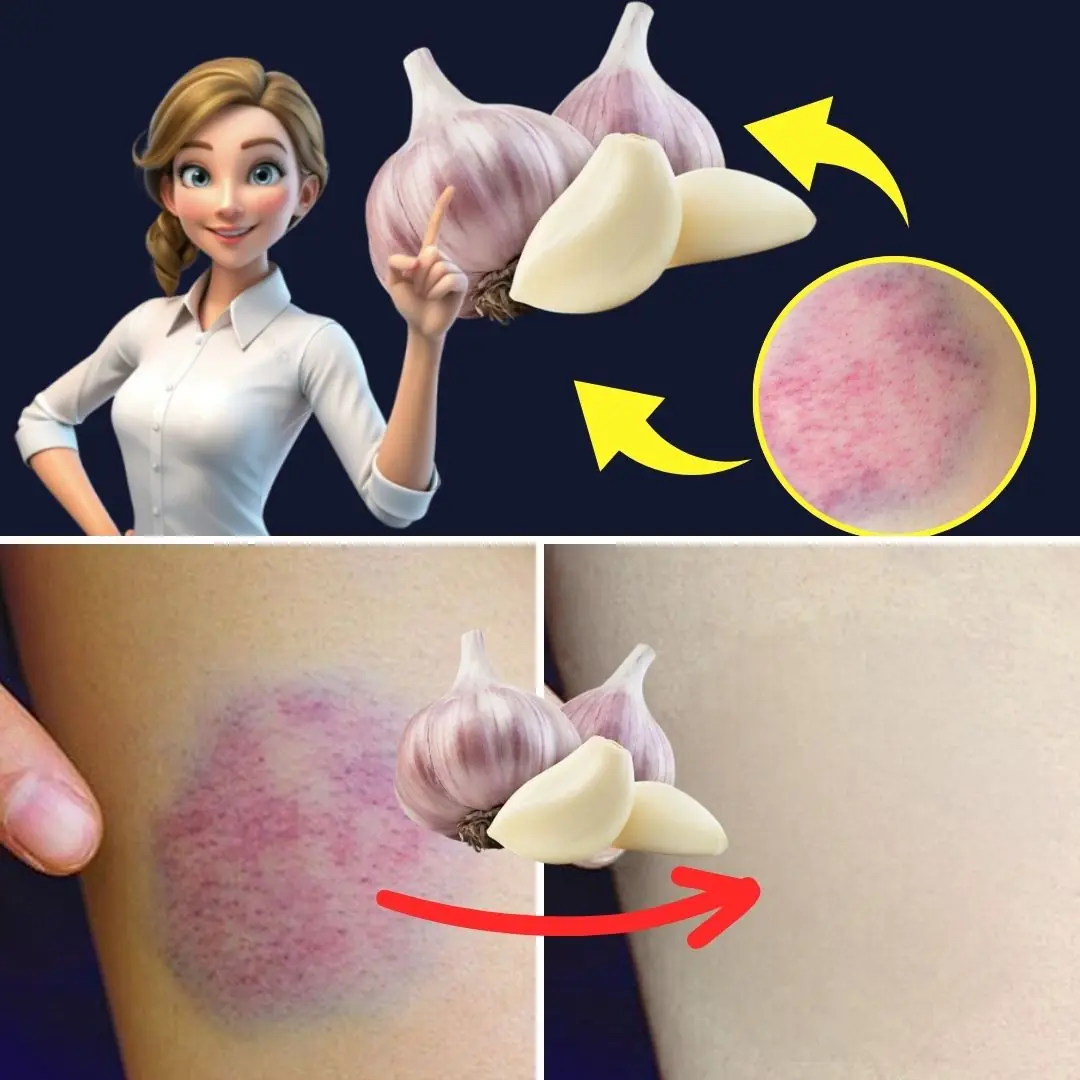
Can Garlic Support Healthier Veins Naturally?

Can Chia Seeds Support a Healthier Waistline Naturally?
